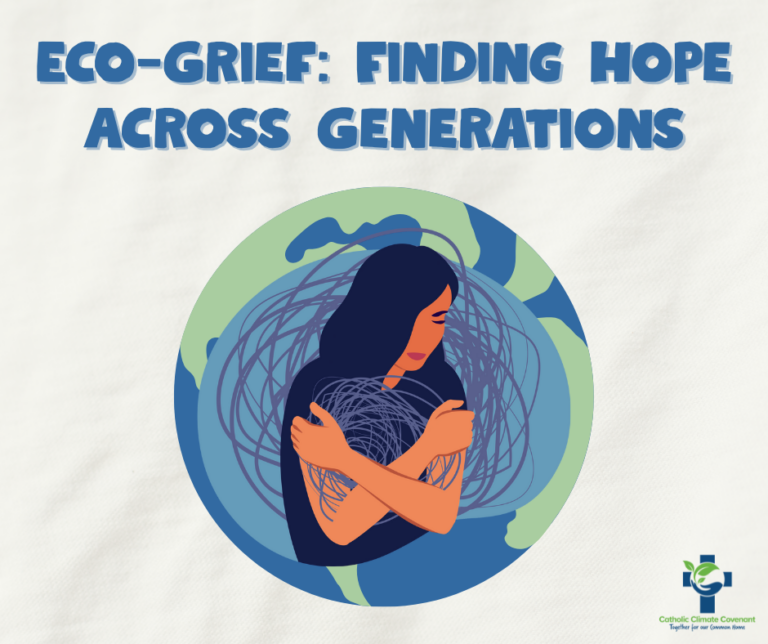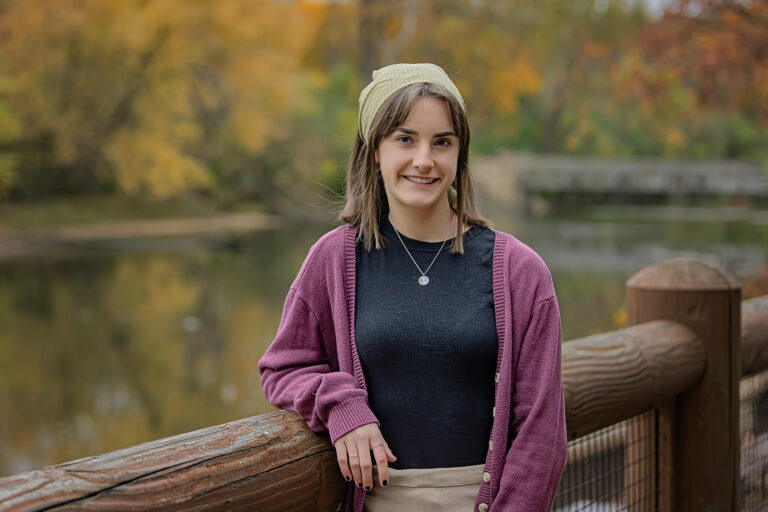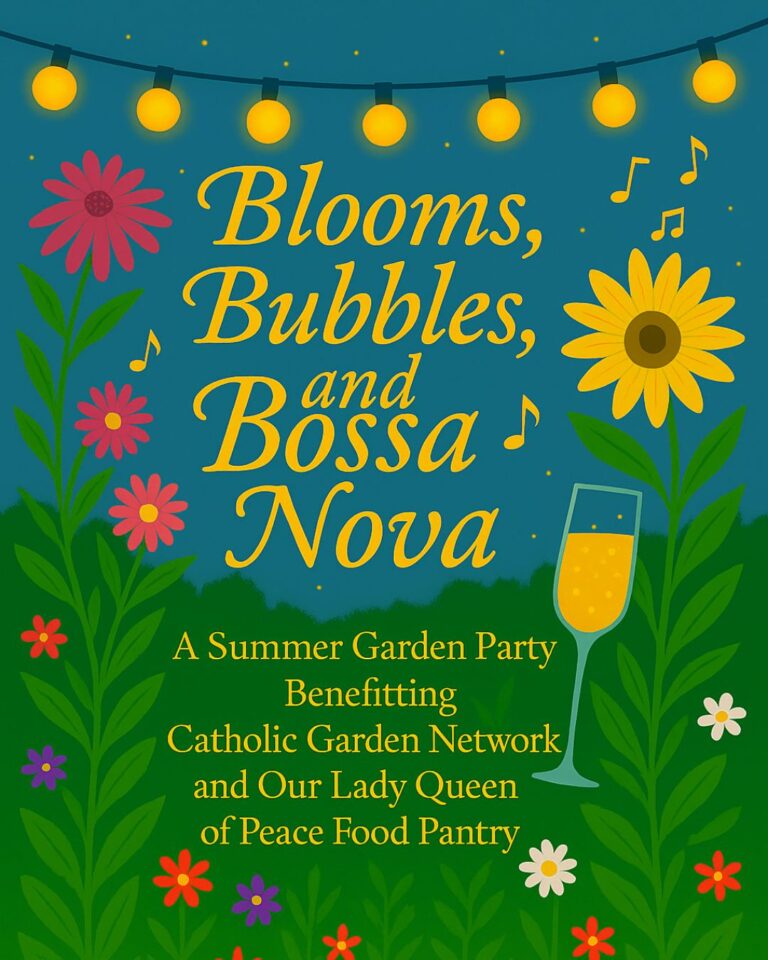On March 27, people of faith gathered online for a conversation on one of the most profound — and often unspoken — impacts of the climate crisis: eco-grief.
The webinar, titled “Eco-Grief: Finding Hope Across Generations,” was hosted by the Yale Forum on Religion and Ecology in partnership with the Tri-State Network, a coalition of Catholic sisters and retreat centers across Illinois, Iowa, and Wisconsin. This event created a sacred space for Catholics and other people of faith to grieve, reflect, and act with hope for our common home.
Eco-grief is the sorrow and spiritual distress we feel in response to environmental destruction and the suffering of our planet. It’s the ache we carry when we witness the loss of forests, the extinction of species, the poisoning of air and water, or the displacement of vulnerable communities.
As Catholics, we recognize that creation is not just a backdrop to human life — it is sacred, intimately connected to God’s love and purpose. Pope Francis, in Laudato Si’, teaches us that the climate crisis is not just a technical or political issue — it is a moral and spiritual crisis.
Panelists included Victoria Loorz, eco-theologian and author of Church of the Wild: How Nature Invites Us Into the Sacred, Gabriela Martinez, a rising voice in faith and environmental justice, emphasized the power of intergenerational action and former staff member with the Franciscan Action Network, and Kayla Jacobs, Program Manager of Youth Mobilization at Catholic Climate Covenant.
“It was an honor to speak on the eco grief webinar hosted by the Tri-State Network. I was so inspired by the words of my co-presenters. I was touched by the community that gathered and felt a lot of support,” Kayla said. “This is such an important topic for our times. In a Lancet survey a few years ago, they found that 59% of young people, ages 16-25, were very or extremely worried about climate change, and 84% were at least moderately worried. Nearly half, 45%, said their feelings about climate change negatively affected their daily life, functioning, and decision making. Of course, that makes sense, climate change isn’t just some big looming abstract concept, it is a real crisis that is happening here and now. Distress is a natural reaction to a crisis.”
The event reflected what Catholic Climate Covenant and many Catholic and creation care organizations have known for years — that grief over the state of creation is not weakness, but an opportunity for spiritual growth as we strive to help the most marginalized. When held in community and lifted in prayer, our sorrow can be transformed into courageous love, resilient action, and communal healing.
As Pope Francis reminded us, the Church’s social teaching calls for an integral ecology — a recognition that everything is connected: human dignity, ecological health, justice, and peace. Events like “Eco-Grief: Finding Hope Across Generations” are essential moments of encounter where faith becomes flesh in the face of crisis.
“We encounter eco grief and anxiety a lot in our work, especially our work with youth and young adults,” Jacobs said. “One way we’re trying to address it is by building an authentic community. This doesn’t fully remove the feelings of grief and anxiety, but at least we can work through those feelings together and support each other.”
As the Covenant continues to celebrate the 10th anniversary of Laudato Si’ this year, we are reminded that grief and hope are not opposites — they are companions. Together, they guide us toward a future rooted in love, justice, and care for our common home.




